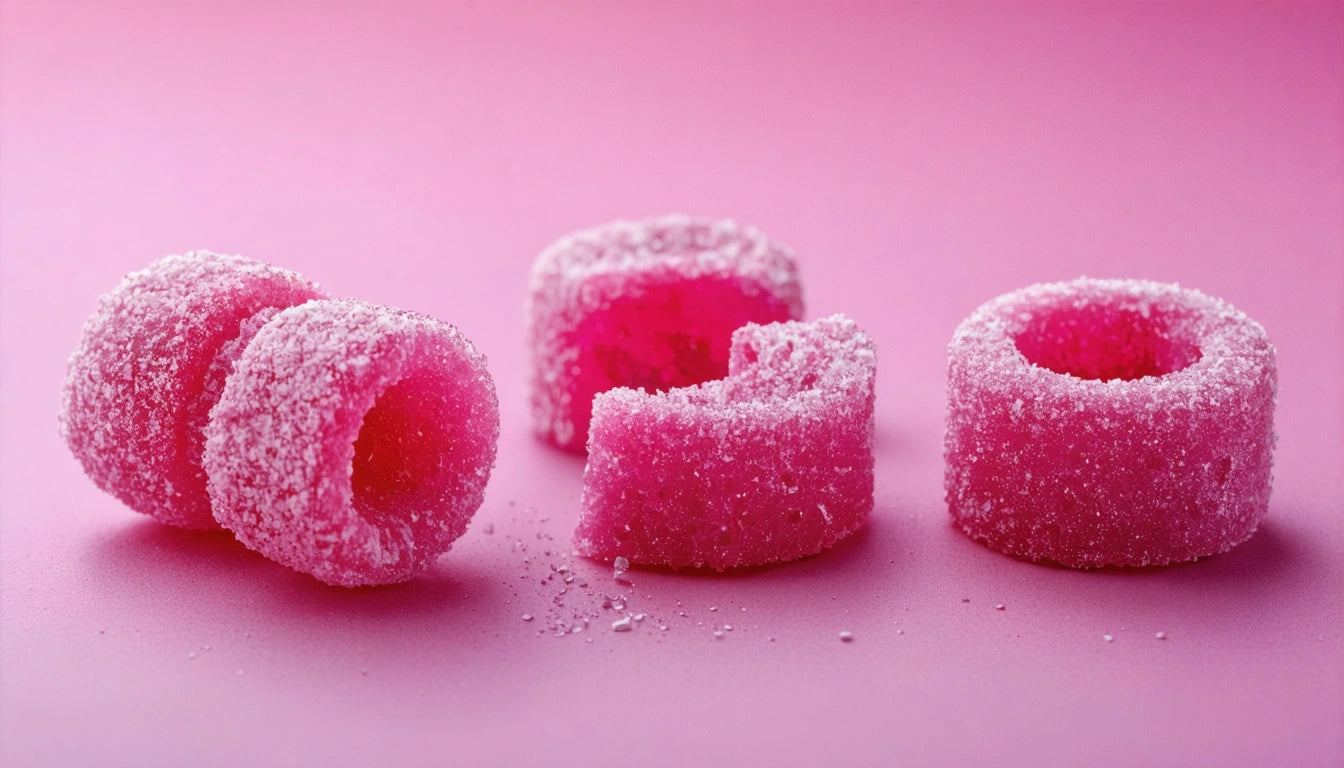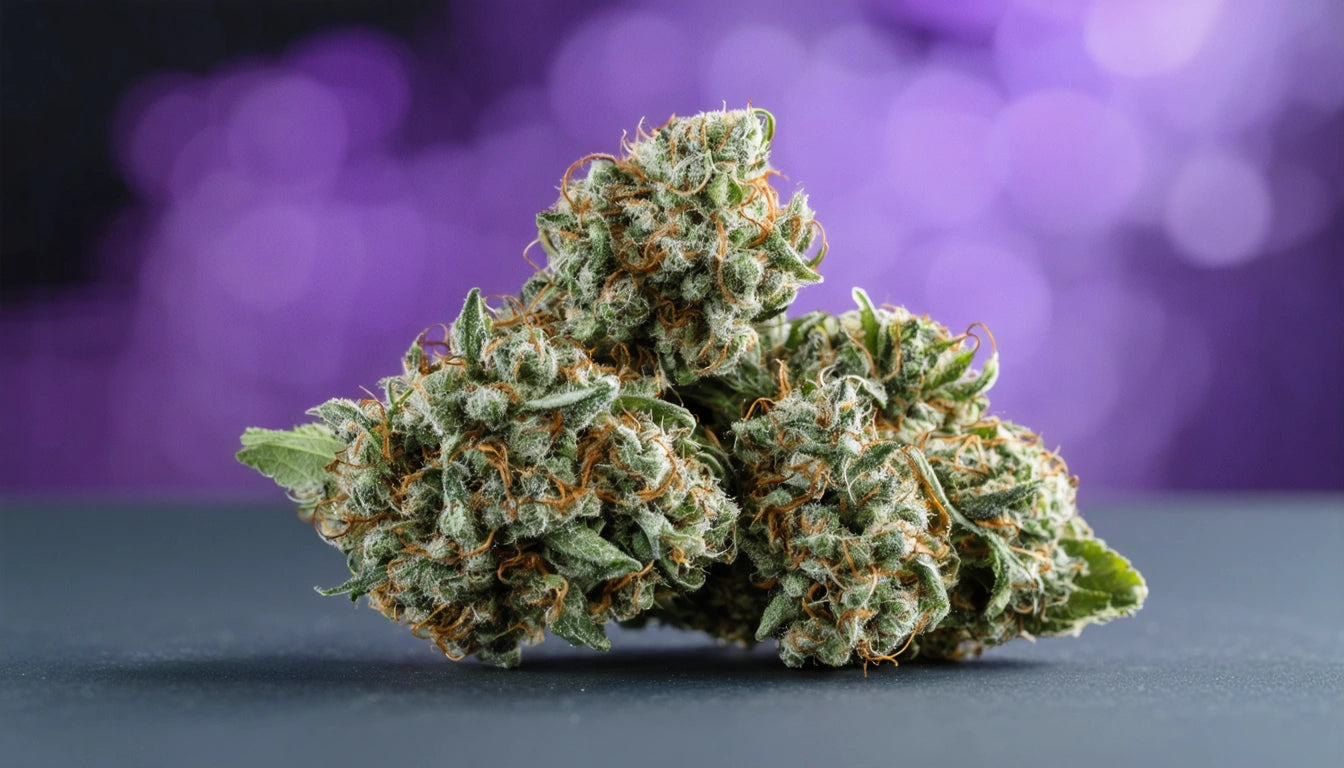Table of Contents
Exploring the Highest THC Levels in Cannabis: Strains, Potency, and Impact
Cannabis potency has increased dramatically over the past few decades, with modern cultivation techniques pushing the boundaries of what is the highest THC level in weed. Today's cannabis market features strains with THC percentages that would have been unimaginable in previous generations, raising questions about potency measurement, effects, and appropriate usage for different consumers.
Understanding THC Levels in Cannabis
THC (tetrahydrocannabinol) is the primary psychoactive compound in cannabis responsible for producing the characteristic "high." When discussing cannabis potency, THC percentage refers to the concentration of THC relative to the total dry weight of the flower.
According to research on THC percentages, the average THC content in cannabis has increased from around 4% in the 1990s to between 15-25% in many commercial strains today. This dramatic increase has significant implications for both recreational and medical users.
What Constitutes High THC?
Today's cannabis market generally categorizes THC levels as follows:
- Low: 5-10% THC
- Moderate: 10-15% THC
- High: 15-25% THC
- Very High: 25-30% THC
- Extreme: 30%+ THC
When consumers ask what weed gets you the highest, they're typically referring to strains in the "very high" to "extreme" categories.
The Highest THC Strains Available Today
For those wondering what weed strain has the highest THC, several cultivars consistently test at the upper limits of potency. Some notable examples include:
- Future #1: Testing up to 35% THC
- Godfather OG: Reported tests of 34% THC
- Strawberry Banana: Regularly testing above 30% THC
- Ghost Train Haze: Often reaching 25-30% THC
- Gorilla Glue #4: Consistently testing at 25-28% THC
These percentages represent the highest documented levels in properly tested cannabis flowers. However, as experts in high THC cannabis note, concentrated forms like distillates and isolates can reach much higher purity levels, often exceeding 90% THC.
Measuring THC Potency: Methods and Accuracy
Accurate measurement of THC content is crucial for both regulatory compliance and consumer information. Professional cannabis testing relies on sophisticated laboratory equipment using methods like High-Performance Liquid Chromatography (HPLC) and Gas Chromatography (GC).
For cannabis businesses and serious cultivators, precision weighing equipment is essential for consistent dosing and accurate potency calculations. Proper measurement tools ensure that THC percentages are calculated correctly based on precise weight measurements.
Testing Limitations
It's important to note that testing methods can vary between laboratories, sometimes resulting in inconsistent readings. Additionally, THC levels can vary within different parts of the same plant, and improper sampling can lead to inflated potency claims.
Medical vs. Recreational THC Levels
Many patients wonder what is the THC level in medical marijuana compared to recreational products. Contrary to popular belief, medical cannabis doesn't necessarily have higher THC levels than recreational products. In fact, many medical applications benefit from moderate THC levels combined with other cannabinoids like CBD.
The highest THC level in medical marijuana products typically matches what's available in recreational markets, but medical programs often focus more on consistent dosing, specific cannabinoid ratios, and targeted effects rather than maximizing THC content alone.
According to research on medical cannabis applications, optimal therapeutic benefits often occur at lower to moderate THC levels, particularly when balanced with other cannabinoids.
Factors Affecting THC Potency
Several factors influence the maximum THC potential in cannabis:
- Genetics: The genetic makeup of a strain sets its potential THC ceiling
- Growing conditions: Light intensity, nutrients, and environmental factors
- Harvest timing: THC levels peak at optimal harvest windows
- Curing methods: Proper curing preserves and potentially enhances potency
- Storage conditions: THC degrades with exposure to heat, light, and oxygen
Understanding these factors helps explain why the same strain can test at different potency levels depending on cultivation practices and handling.
The Impact of High-Potency Cannabis
The question "does higher THC mean stronger weed?" has a nuanced answer. While higher THC percentages generally produce stronger psychoactive effects, the relationship isn't always linear. The entourage effect—the synergistic interaction between various cannabinoids and terpenes—plays a significant role in how cannabis affects users.
For new consumers, high-THC cannabis can potentially lead to anxiety, paranoia, and uncomfortable experiences. Experienced users often develop tolerance, requiring higher potency products to achieve desired effects.
From a medical perspective, research shows that different conditions respond better to specific THC levels and cannabinoid profiles. The highest THC strains aren't necessarily the most therapeutic for many medical applications.
As the cannabis industry continues to mature, we're likely to see more nuanced approaches to potency, with greater emphasis on full cannabinoid and terpene profiles rather than simply maximizing THC content. For both recreational and medical users, finding the right potency level for individual needs remains more important than simply seeking out what weed has the highest THC percentage.











Leave a comment
All comments are moderated before being published.
This site is protected by hCaptcha and the hCaptcha Privacy Policy and Terms of Service apply.